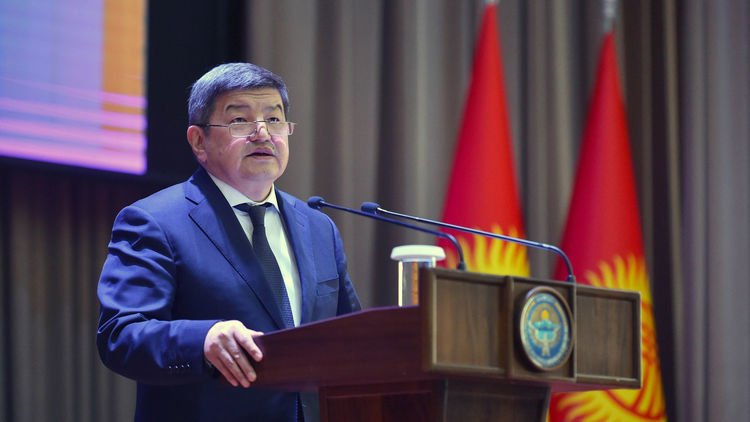Kyrgyzstan’s President has lifted a ban on increasing tariffs for paid services in higher education, aiming to strengthen financial stability and support educational institutions.
In a recent development, the President of Kyrgyzstan has made a significant decision regarding the tariffs for paid services in higher education institutions. The decision, detailed on the Toktom information and legal portal, marks a pivotal shift in the country’s educational policy.
Lifted Ban on Tariff Increases
According to the decree issued on July 8, 2024, by President Sadyr Japarov, the previous ban on increasing tariffs for paid educational services in state educational institutions of higher and secondary vocational education has been lifted. This ban, initially imposed for three academic years, aimed to stabilize and control the cost of education within these institutions.
Economic and Social Objectives
The primary rationale behind this decision is to bolster the economic foundation of state educational organizations while enhancing social support for their employees. By allowing the adjustment of tariffs, the government intends to improve the financial sustainability of educational institutions. This move comes amidst broader efforts to reform and strengthen the educational sector’s financial transparency and operational efficiency.
Historical Context and Previous Decrees
This recent decree contrasts with previous legislative measures enacted by President Japarov in 2021. These measures were designed to overhaul the payment system for educational services and ensure greater financial transparency across educational institutions. Additionally, urgent measures were implemented to safeguard the constitutional rights of children to receive primary, basic general, and secondary general education.
Support Measures
The government’s initiatives also encompass provisions aimed at supporting vulnerable groups within the educational framework. These include students of, higher and secondary vocational education orphans, children without parental care, and individuals with disabilities. Specifically, provisions were tailored to accommodate disabled children and those with varying levels of disability.
Public Reaction and Stakeholder Responses
The lifting of the tariff ban has sparked varied reactions among stakeholders within the educational sector and the general public. Supporters argue that this decision will inject much-needed financial flexibility into educational institutions, potentially leading to improved facilities and educational standards. Critics, however, express concerns about the potential financial burden on students and their families, particularly amidst economic uncertainties.
Future Implications and Government Strategy
Looking ahead, the government aims to monitor the impact of this policy change closely. Key considerations include its effect on enrollment rates, the quality of educational services, and institutional financial health. Additionally, plans may be devised to mitigate any adverse effects on students from economically disadvantaged backgrounds.
Conclusion
In conclusion, the lifting of the ban on tariff increases for paid educational services in Kyrgyzstan’s higher education institutions represents a strategic decision to bolster the economic standing of these institutions. While aimed at enhancing financial sustainability and supporting educational stakeholders, the decision remains a topic of debate and scrutiny within the country. As the policy unfolds, its implications for students, educational quality, and institutional governance will continue to shape discussions in the educational sector and beyond.
Author: Sana Mubashar
Sana Mubashar is a seasoned content writer and blogger with over 5 years of global experience. She has been actively serving clients worldwide through platforms like Fiverr and Upwork. Her expertise lies in various areas including website landing page development, copywriting, blog post writing, affiliate writing, product reviews, press releases, and other types of writing. Sana excels in crafting unique content and implementing effective strategies to enhance online presence and engage target audiences.


